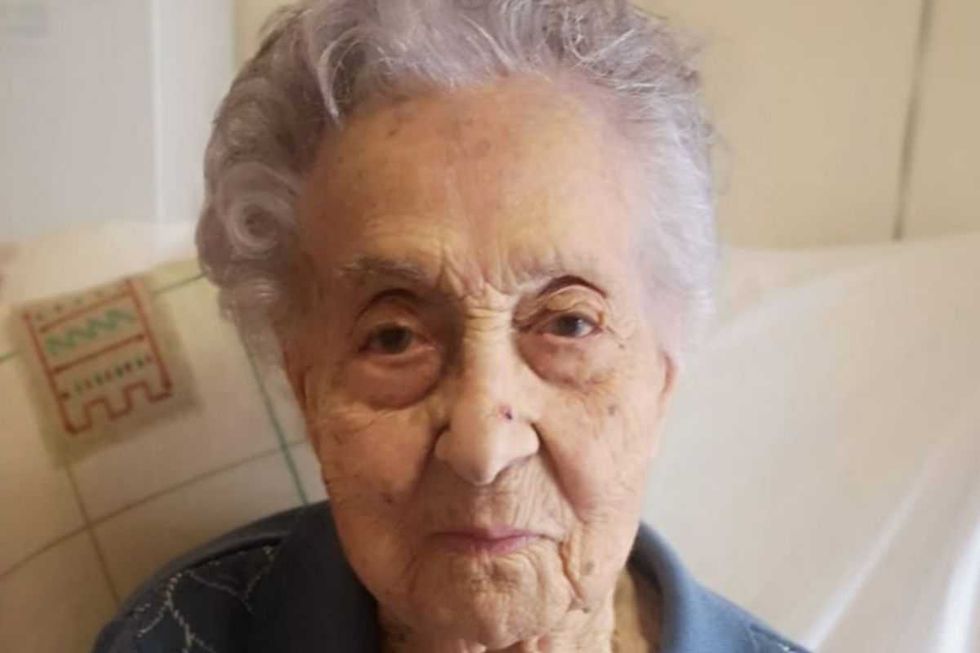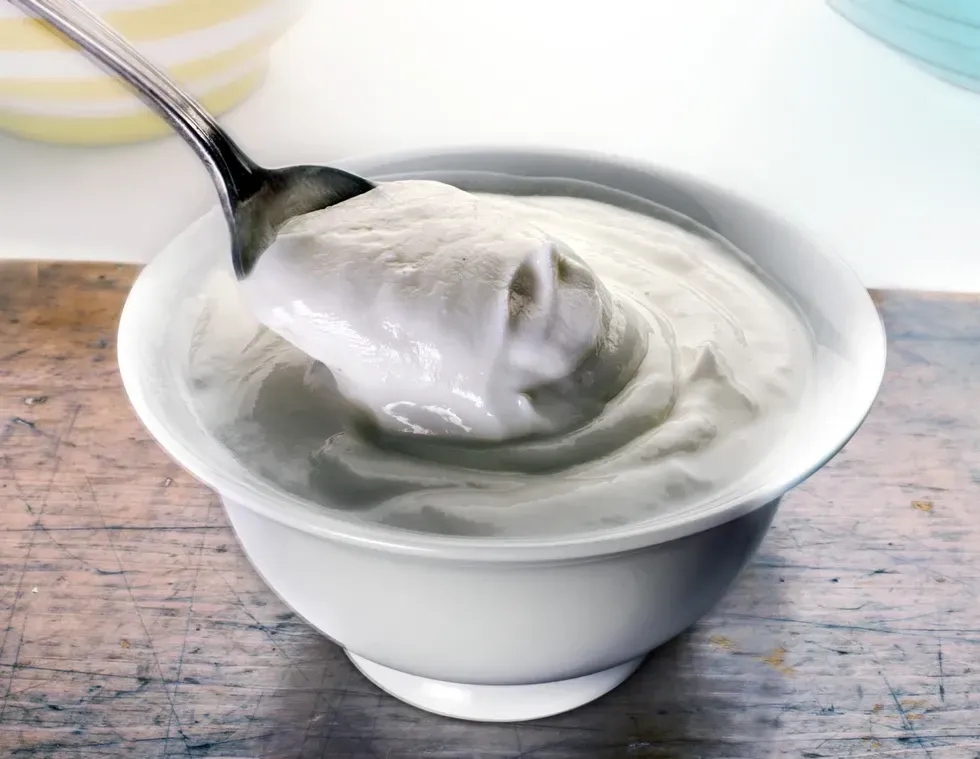How to live longer: Staple food of supercentenarian who died at 117 could hold secret to exceptional longevity

Branyas's body showed signs of her extreme age, but she had special gene variants that protected her heart from disease
Don't Miss
Most Read
Latest
Spanish scientists have made a discovery about how some people reach extreme old age without the usual health problems that come with it.
Their findings come after studying Maria Branyas Morera, who was the world's oldest person before her death last year at 117.
The team from the Josep Carreras Leukaemia Research Institute in Barcelona found that most people get sicker as they age, but Branyas was different.
"The common rule is that as we age, we become sicker, but she was an exception and we wanted to understand why," explained Dr Manel Esteller, who led the research.
"For the first time, we've been able to separate being old from being sick."
Branyas's body did show clear signs of her extreme age. The protective caps on her chromosomes, called telomeres, were exceptionally short - a telltale sign of very old cells.
Her immune system was also aged and prone to inflammation, and she'd developed mutations that typically lead to leukaemia.
But scientists discovered she also had special gene variants that protected her heart and brain cells from disease and dementia.
LATEST DEVELOPMENTS

Branyas was the world's oldest person
|Guinness World Records
Her inflammation levels stayed low throughout her body, which helped her avoid cancer and diabetes. She also had remarkably efficient cholesterol and fat metabolism.
"These are all critical because they're linked to diseases that are typical in older people and they kill you at the end," Esteller explained.
The tests revealed something even more surprising about Branyas's true biological age.
When scientists examined her gene expression patterns using special biological clocks, they found she was actually 10 to 15 years younger than her birth certificate suggested.
Her gut microbiome also looked remarkably youthful, packed with beneficial Bifidobacterium bacteria, the kind you'd expect to find in someone much younger.
In addition, Branyas never smoked or drank, kept a healthy weight, and ate plenty of yoghurt.
She also had a brilliant social life with friends and family always nearby - all factors that likely helped her reach such an incredible age.
The research offers real hope for others who wish to live a long life, as scientists believe they can develop drugs that mimic the effects of her protective genes.
"Maria's parents gave her very good genes, but we cannot choose our parents," Esteller said.
The goal is to create treatments that give everyone a chance at healthier ageing.
Professor João Pedro de Magalhães from the University of Birmingham thinks these findings could be game-changing.
"If we could figure out which specific genes are associated with extreme human longevity and healthy old age, it could provide clues about mechanisms for ageing as well as drugable targets to develop interventions that allow everyone to live longer, healthier lives," he explained.

Branyas ate plenty of yoghurt
| GETTYThe study into what has been dubbed Branyas's "privileged genome" was first reported by the Catalan newspaper Ara after scientists found her gut microbiota mirrored that of an infant.
This microbiota primarily refers to the bacteria in people's guts that play a role in maintaining optimal health.
Researchers noted that beyond the healthy lifestyle choices that complemented Branyas' unique genetic makeup, she reportedly adhered to a Mediterranean diet that included three yoghurts daily.
Regular walks also formed part of her physical activity routine, which scientists believe helped her stave off both physical and mental declines that could have shortened her life.
Our Standards: The GB News Editorial Charter











